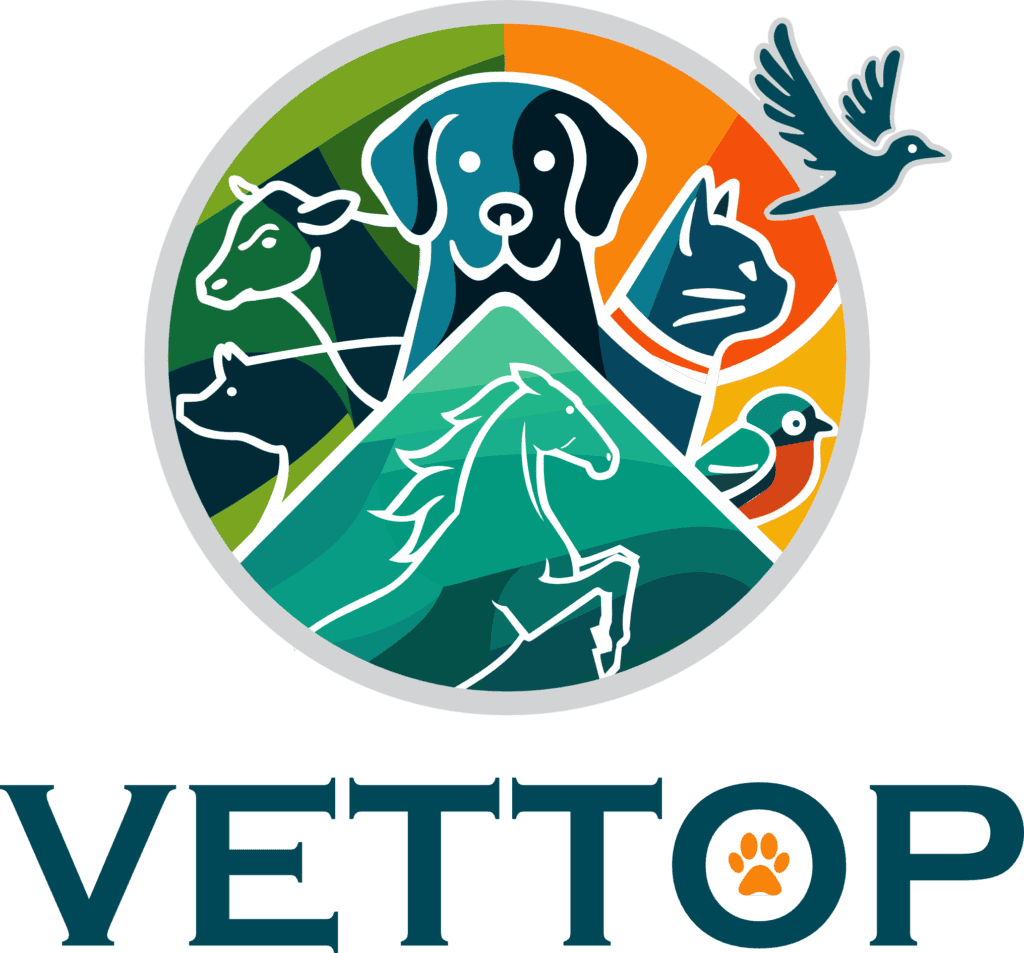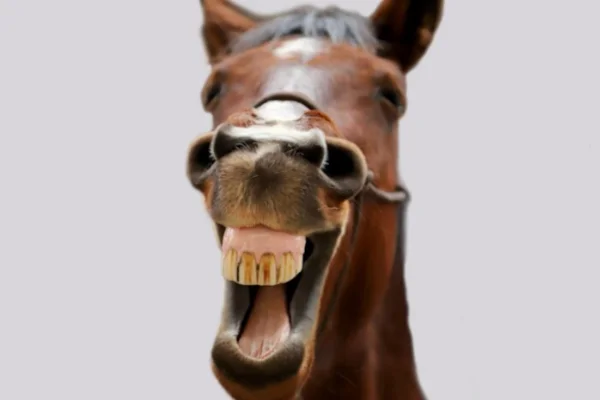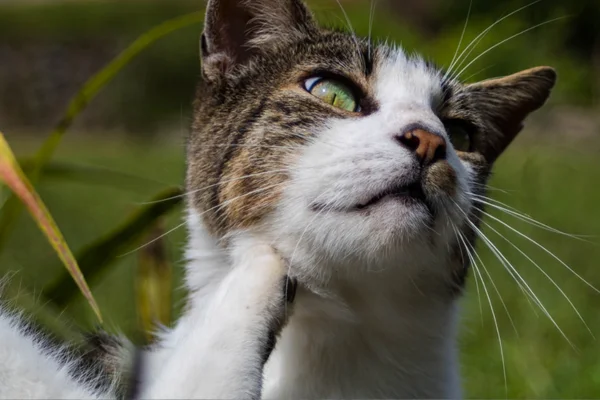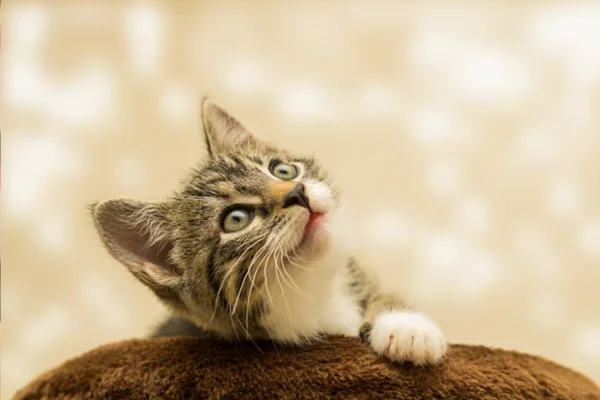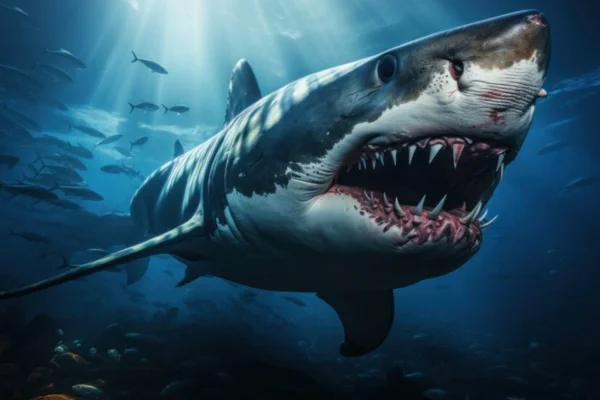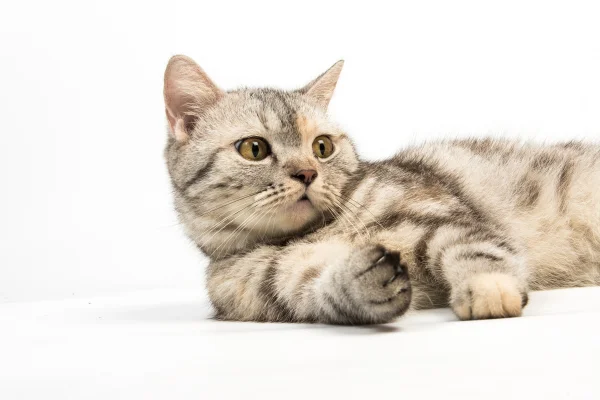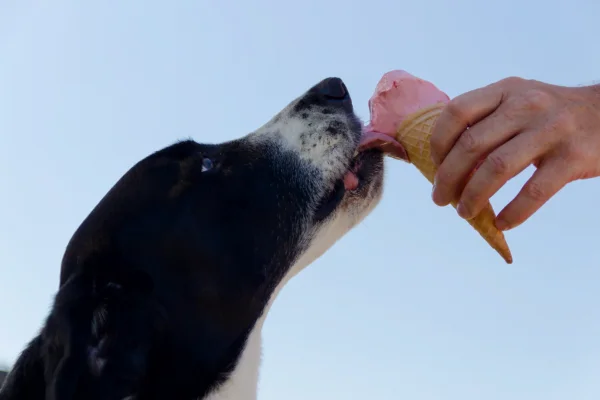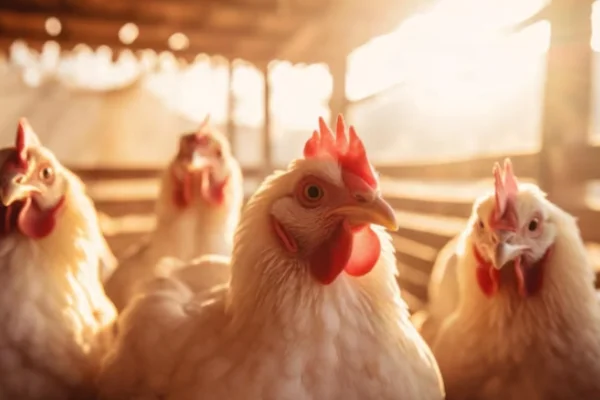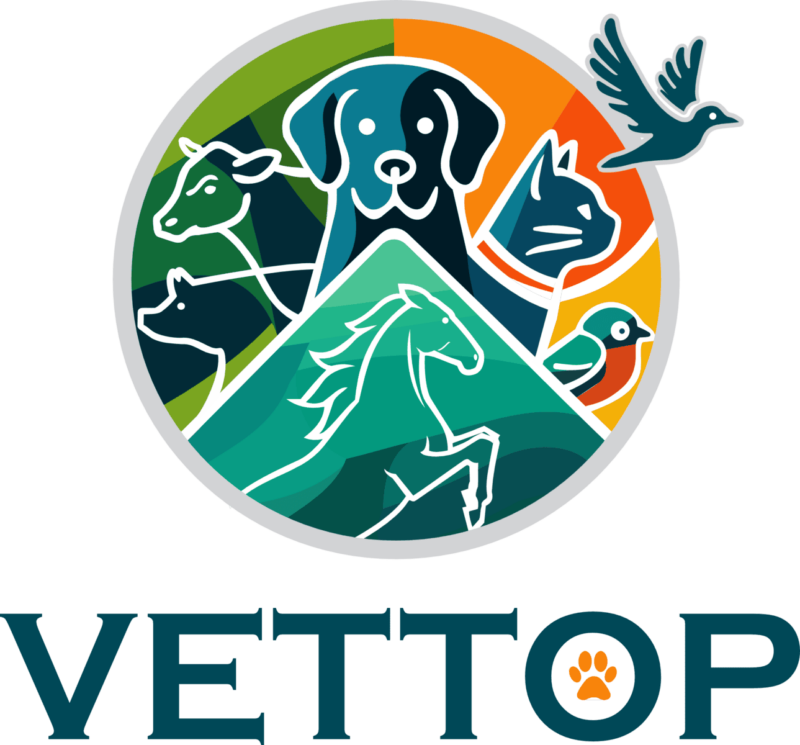The Horse's Digestive System: Knowledge and Care.
The horse's digestive system is a marvel of evolutionary adaptation. These majestic animals are herbivores and therefore their digestive system is highly specialized for processing large amounts of fibrous food and obtaining essential nutrients. Let's explore its main parts and understand how to care for this complex system.
1. Mouth and esophagus
Teeth
Horses' teeth are hypsoodontic, which means that they continue to grow throughout their lives. This characteristic is essential for crushing food, especially vegetable fiber. The teeth wear down naturally during chewing, ensuring that they are always functional.
Tongue and Salivary Glands
The horse's tongue helps with chewing and the formation of the food bolus. In addition, the salivary glands produce saliva, which moistens the food and initiates the digestion of carbohydrates.
Contents
Oesophagus
The esophagus, a muscular tube, connects the mouth to the stomach. Its function is to transport chewed food to the next stage of digestion.
2. Stomach and Intestines
Simple Stomach (Gastric Chamber)
The horse's stomach is relatively small compared to other animals. It is designed to process small amounts of food at a time. The simple stomach is divided into two parts: the bottom and the body. Initial digestion takes place here.
Small Intestine and Large Intestine
- Small IntestineAfter leaving the stomach, partially digested food enters the small intestine, where most of the digestive and absorption processes take place. Here, digestive enzymes from the pancreas and bile produced by the liver help break down the food into nutrients that can be absorbed by the body.
- Large Intestine: The large intestine is made up of the cecum, colon and rectum. In the cecum, microbial fermentation of plant fibers takes place, which produces volatile fatty acids, an important source of energy for the horse. The colon is responsible for the final absorption of water and electrolytes, while the rectum stores the feces before disposal.
Liver:
Although not directly part of the digestive system, the liver plays a crucial role in digestion by producing bile, which is stored in the gallbladder and released into the small intestine to aid in the digestion and absorption of fats.
Pancreas:
The pancreas is a gland that secretes digestive enzymes into the small intestine to help break down carbohydrates, proteins and fats into smaller molecules that can be absorbed by the body.
3. Causes and Care
Proper nutrition
Offer a balanced diet, rich in fiber and with nutritional quality. Avoid sudden changes in diet, as this can cause digestive disorders.
Consult a veterinarian
A veterinarian specializing in horses can advise you on the ideal diet for your horse. Regular examinations are also essential to detect problems early on.
Hydration and Movement
Keep your horse hydrated and encourage physical exercise. Movement helps keep the digestive system working properly.
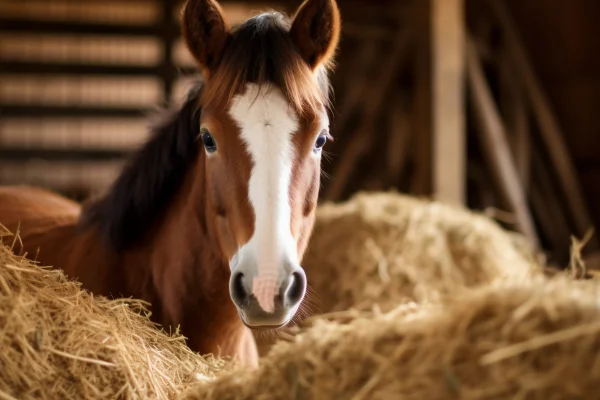
Affections of the Horse's Digestive System
The horse's digestive system is complex and susceptible to various ailments. Let's explore some of the main conditions that can affect these animals:
- Equine colicColic is one of the most common and dangerous ailments. It can be caused by intestinal obstructions, twisting, inflammation or disturbances in intestinal motility. Symptoms include restlessness, excessive sweating, rolling on the floor and refusal of food. It is a veterinary emergency.
- LaminitisLaminitis : Also known as "lameness", laminitis affects the hooves and can be triggered by diets high in carbohydrates, obesity or infections. It causes intense pain and lameness.
- Gastric ulcersAs in humans, horses can also develop stomach ulcers. Stress, poor diet and prolonged use of anti-inflammatory drugs are all risk factors.
- Intestinal parasites: Verminoses, such as the presence of worms, can damage digestive health. Regular parasite control is essential.
- MegacolonMegacolon is an abnormal dilation of the large colon. It can be congenital or acquired and causes severe constipation.
- TimpanismAlso known as "bloating", it occurs when gas accumulates in the gastrointestinal tract. It can be fatal if left untreated.
- Colon DisplacementThe colon can shift, causing obstruction and pain. Surgical intervention is required.
Remember that any sign of discomfort or change in your horse's behavior should be evaluated by a specialized veterinarian. Prevention, proper diet and regular care are essential to keep the digestive system healthy
Frequently asked questions about the horse's digestive system:
- How can I prevent digestive problems in my horse?
- Maintain a balanced diet rich in fiber, such as hay and grass.
- Avoid overfeeding with grains or concentrated foods.
- Make sure your horse has constant access to fresh, clean water.
- Carry out regular veterinary examinations to detect problems early.
- What are the signs of digestive problems in horses?
- Changes in appetite, such as refusing to eat or eating less than normal.
- Agitated or uncomfortable behavior, such as excessive rolling.
- Changes in stool, such as diarrhea or constipation.
- Abdominal swelling or tenderness to the touch in the stomach area.
- What should I do if my horse shows symptoms of digestive problems?
- Contact a veterinarian specializing in horses immediately.
- Describe your horse's symptoms clearly and precisely.
- Follow the vet's instructions for administering emergency care if necessary.
- Do not administer medication without veterinary advice.
- Can my horse have food allergies?
- Yes, horses can develop allergies to certain foods, such as grains or specific supplements.
- Consult a veterinarian if you suspect a food allergy in your horse.
- A vet may recommend allergy tests or dietary changes to prevent allergic reactions.
- Is there a special diet for elderly horses or those with chronic digestive problems?
- Yes, elderly horses or those with digestive problems can benefit from a diet that is easier to chew and digest, such as soaked or pureed food.
- Consult a veterinarian for specific advice on your horse's diet, taking into account its age and health conditions.
Conclusion
A horse's digestive system is essential to its overall health and well-being. By understanding the causes of digestive problems and knowing what to do in an emergency, you can help ensure a long and happy life for your equine friend. Always remember to consult a qualified veterinarian for specific advice for your horse,
Thanks for stopping by, check out our other work too
https://vettopbr.com/febre-do-nilo-ocidental
